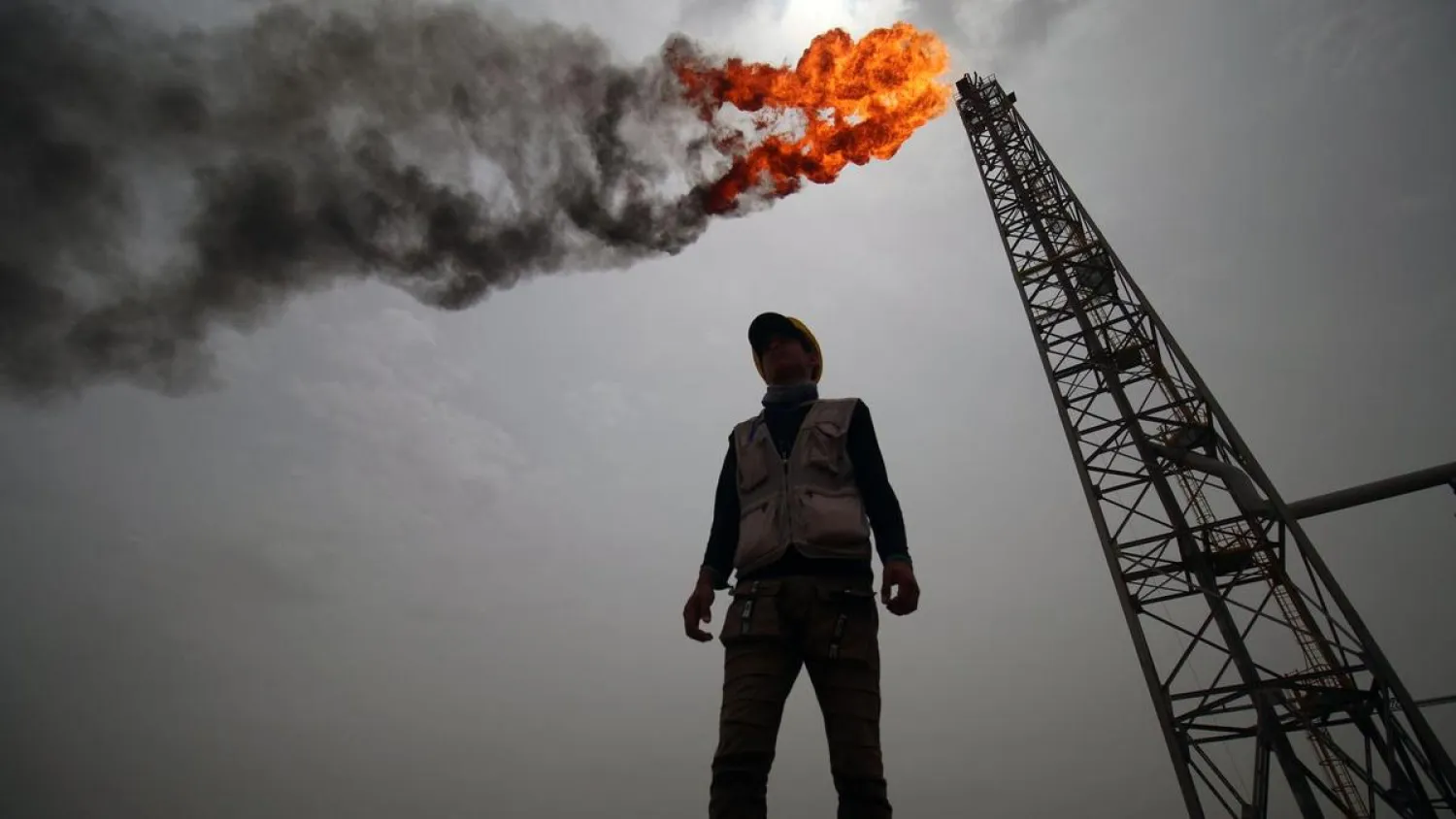Chief of the oil police in southern Iraq Ali al-Mayahi denied on Sunday that politicians were involved in the smuggling of oil and its derivatives in the Basra province.
He made his statement in wake of the police’s arrest of a 19-member smuggling gang.
He told a press conference that investigations were underway with the suspects, adding that so far, no evidence has been revealed that they were being backed by political powers.
They are simply smugglers who view their operations as a profitable trade, he remarked.
The southern Iraq oil police oversee the Basra, al-Nasseriya, Maysan and Muthanna governorates that produce 90 percent of the country’s oil.
Mayahi said that the smugglers work with individuals in the Diyala, al-Anbar and Mosul regions in their operations. Two of the detainees were working in Mosul and Kirkuk.
The smugglers resort to forging oil ministry seals, he said, while revealing that the police seized some 20 smuggled tanks that hold a capacity of 36,000 liters of crude oil.
Basra MP Rami al-Sukeini refuted Mayahi’s claims that politicians and parties were not involved in the smuggling.
He told Asharq Al-Awsat: “Several sides are operating with each other.”
“This is not a new phenomenon. What is worrying, however, is that it is turning from a single case to a widespread phenomenon that is supported by political parties, gangs and powerful figures,” he warned.
He acknowledged the work of the security forces in combating the illegal activity, but stressed that more collective efforts were need to halt the smuggling that is threatening Iraq’s wealth and resources.
“The riches are going to the pockets of the greedy instead of the poor in Basra and other regions,” Sukeini stated.
In addition, he said that the Basra lawmakers will prioritize this issue at parliament.
Meanwhile, a security source in Basra told Asharq Al-Awsat that the security agencies were unable to disclose all of the information they have about the smuggling.
He explained that “everyone knows the smugglers and the people they are associated with. No one can point them out by name because they are fearful of their power and influence. This could cost them their lives.”
All the security forces can do is arrest the lowest people involved in the smuggling operations, such as the smugglers themselves and the drivers, he said.









